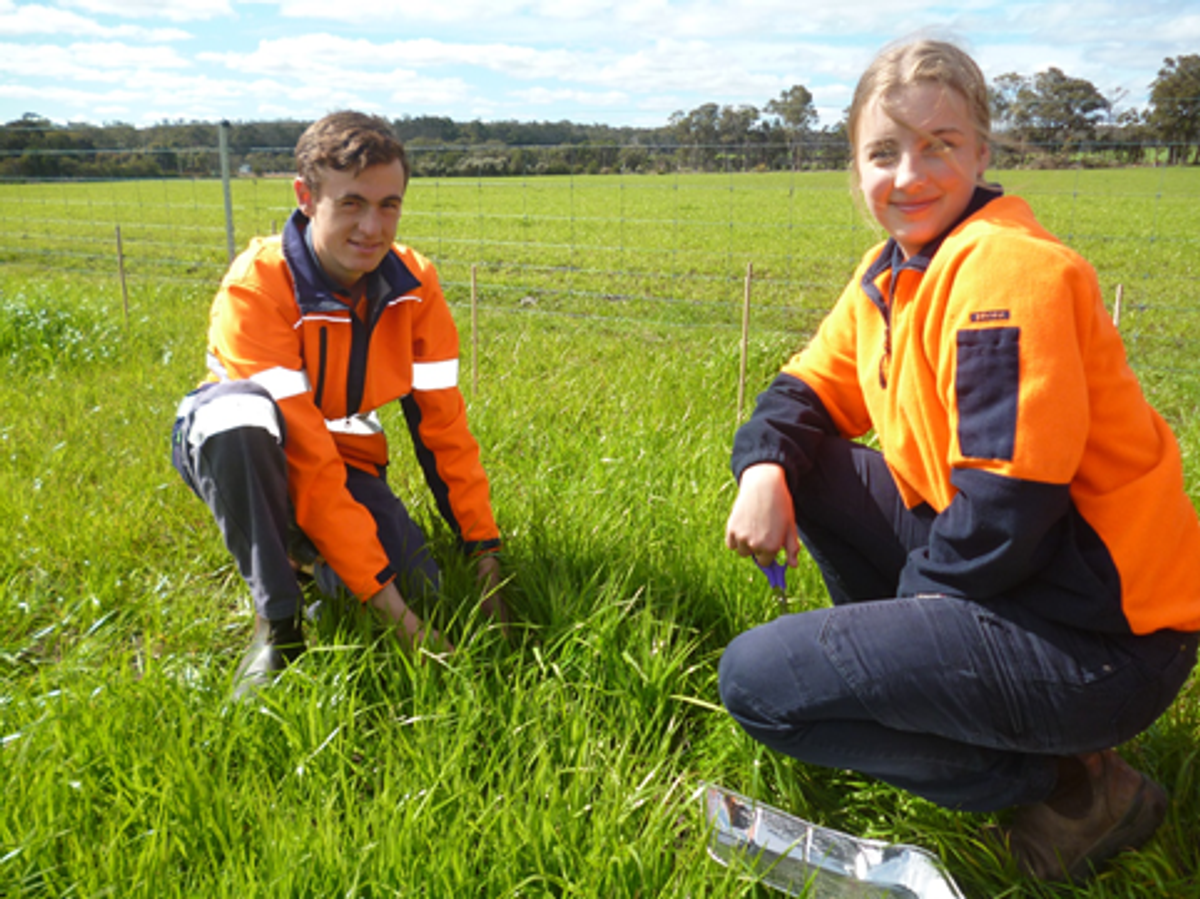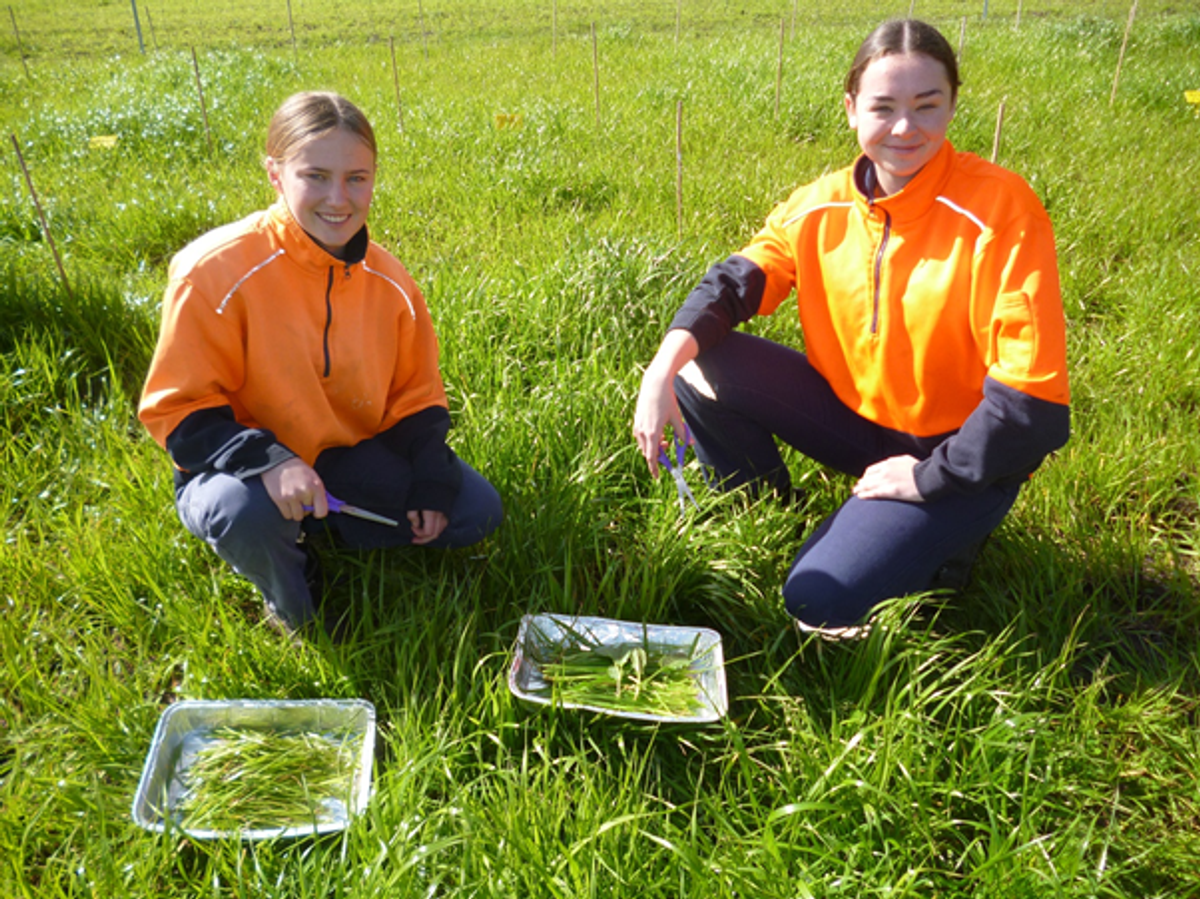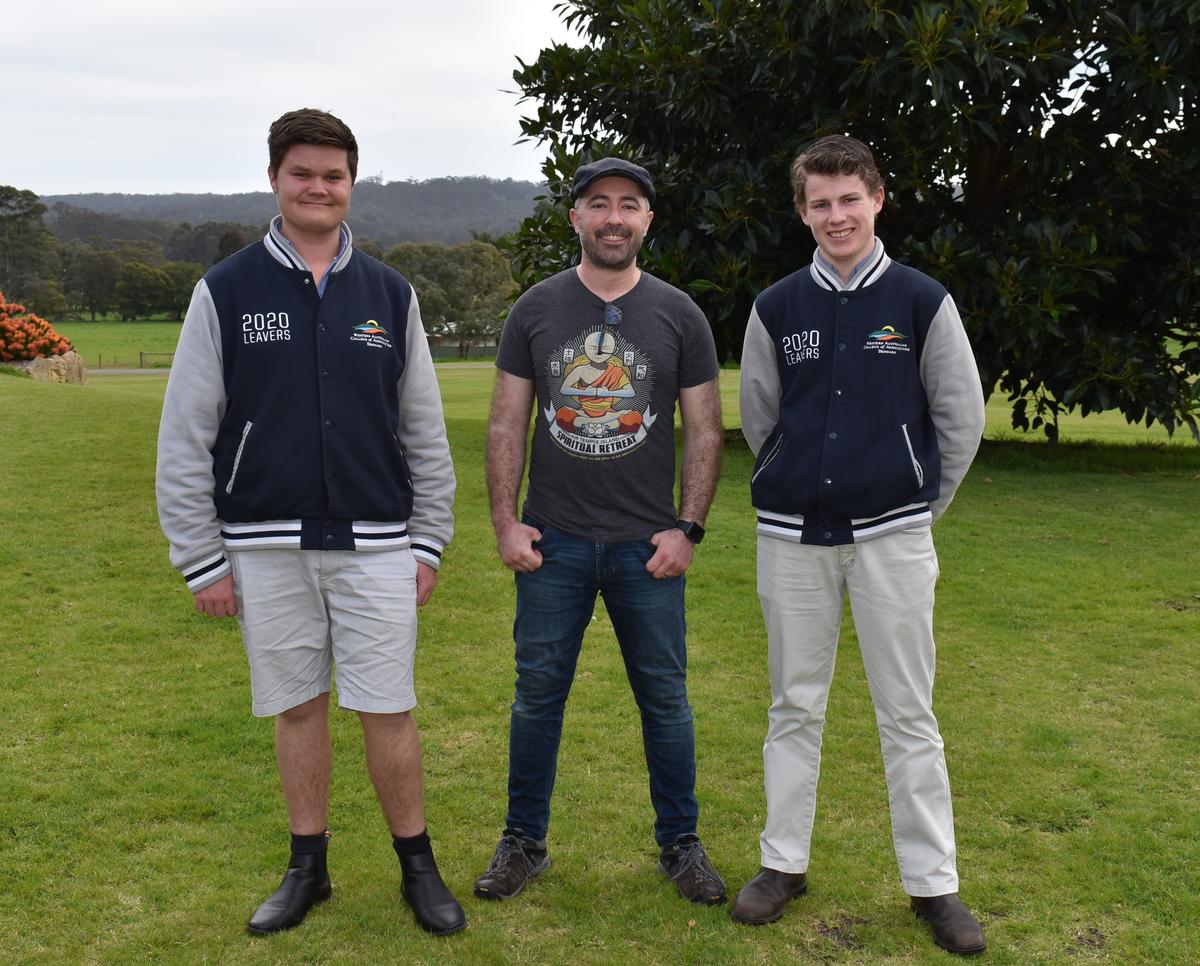HOD - Studies
Year 11 ATAR Plant Production Scientific Investigation results

HOD - Studies
Year 11 ATAR Plant Production Scientific Investigation results
Stuart Irwin
Stuart.Irwin@education.wa.edu.au
Tertiary Institution Service Centre (TISC)
Year 12 students wishing to apply for a university place have received a copy of the 2021 TISC handbook and are encouraged to apply before the 30th September. The application process fee is $55 until the 30th September, then $170 after that date. TISC receives and processes university applications for admission to the following universities; Curtin University, Edith Cowan University, Murdoch University and the University of Western Australia. Students will need to register online and can change their course preference (at no cost) as many times as they like.
Horticulture
Year 11 Plant Production Students have been busy planting the last of their winter crops and harvesting an earlier planting of brassica crops including cabbages. Students are required to plant a crop, then monitor and manage it through to harvest before completing a written task for their horticultural assessment.
The produce will be sold locally and used in the College kitchen with the students keeping financial records that are used to calculate the profitability of the enterprise.
Stirling to Coast Farmers (SCF) - Student Connect Program and Scholarship
The focus with the Student Connect program is to support students who represent the future of our agricultural industry by providing opportunities to connect with local farmers and encouraging them to take up careers in agriculture. We recently had Philip Honey (Smart Farms Coordinator) talk to the students about the latest technology in agriculture with some of these new ideas being incorporated into the SCF Smart Farms Initiative. Follow the link if you wish to obtain more information on this project https://www.scfarmers.org.au/smart-farm-initiative
Stirling to Coast Farmers are proud to be able to offer a $1000 scholarship opportunity for the Year 11 ATAR students from the College. With farm water security becoming a major issue for the Great Southern, farmers are developing strategies to manage this scarce resource. Students will be required to write a 500-1000 word essay on “what practices or practice changes would you encourage local farmers to adopt to sustainably manage on-farm water supplies?”. The closing date will be 5pm on Friday 16th October 2020 with all applications to be handed to Mr Irwin. Please note the early closing date for this scholarship.
Scientific Investigation – Effects of Fertiliser on Plant Growth Scientific Investigation – Effects of Fertiliser on Plant Growth
By Daniel Hadlow (Year 11 ATAR student)
Recently, the Year 12 General and Year 11 ATAR Plant Production class have conducted an experiment aimed at investigating the impact of nitrogen fertiliser on ryegrass growth. The experiment was replicated three times and the results were collated. Urea fertiliser was selected to conduct the experiment and different rates of fertiliser were measured and applied to different plots of land to determine which rate had the biggest impact on ryegrass growth rates. The different rates of Urea applied involved a controlled group of 0kg per ha and experimental groups of 80kg per ha, 160kg per ha, 240kg per ha, 320kg per ha and 400kg per ha. The trial was run over a period of 35 days and plant biomass was measured at the end of this period. The cut ryegrass was then placed in a kiln to dry and the results were determined by weighing the dry matter in kg per ha. The results were as follows:


This column graph comparatively shows the average amount of dry matter produced by comparing the control group (0kg of fertiliser/ha) and experimental groups (80-400kg of fertiliser/ha). From this graph, the rate of fertiliser application that resulted in the biggest growth of pastures was 320kg per ha, which produced an average of 2110kg of dry matter/ha. It can also be surmised that, in general the more fertiliser that was added resulted in an increase in dry matter production, until a point was reached when the applied fertiliser resulted in a decrease in plant yield. The results from this experiment were effective in displaying the effects of fertiliser on plant growth and suggested that the 320kg of fertiliser/ha provided plants with sufficient nitrogen for optimal growth. However, although this rate of fertiliser was most effective in overall plant yield, it may not be the best choice economically because of the high quantities required. Additionally, the plants could have been subject to leaching as 200 mm of rain was recorded. Overall, this experiment was engaging, practical and informative and I personally enjoyed discovering the impacts of fertiliser on plant growth and what applications of fertiliser were most effective.






Students prepare to harvest ryegrass biomass
Bookweek - Author James Foley visit
Shiralee Goodwill
English Teacher
Robyn Fairclough, from Denmark Library, recently organised for visiting author and presenter James Foley to speak to General English students at the College.
Foley took students through his development as an illustrator/children’s book writer from childhood until the present. He was funny and engaging as he shared the transformation of his craft over the years.
He read two recent releases to students and explained the long and involved process of creating illustrations for both books, including research, character development, and all the important visual considerations such as colour, perspective, font, how literal to be – and much more.
There was a clear message about mastering skills through perseverance and learning from mistakes.
Robyn commented ‘James loved it that some of the upper school students came to chat to him after the session. He is much sought after as a presenter and we are very lucky to have him come to Denmark.’
More info: https://jamesfoley.com.au/

